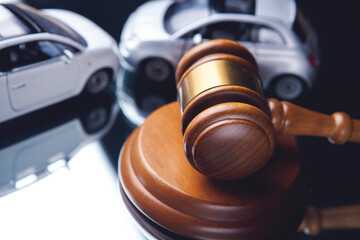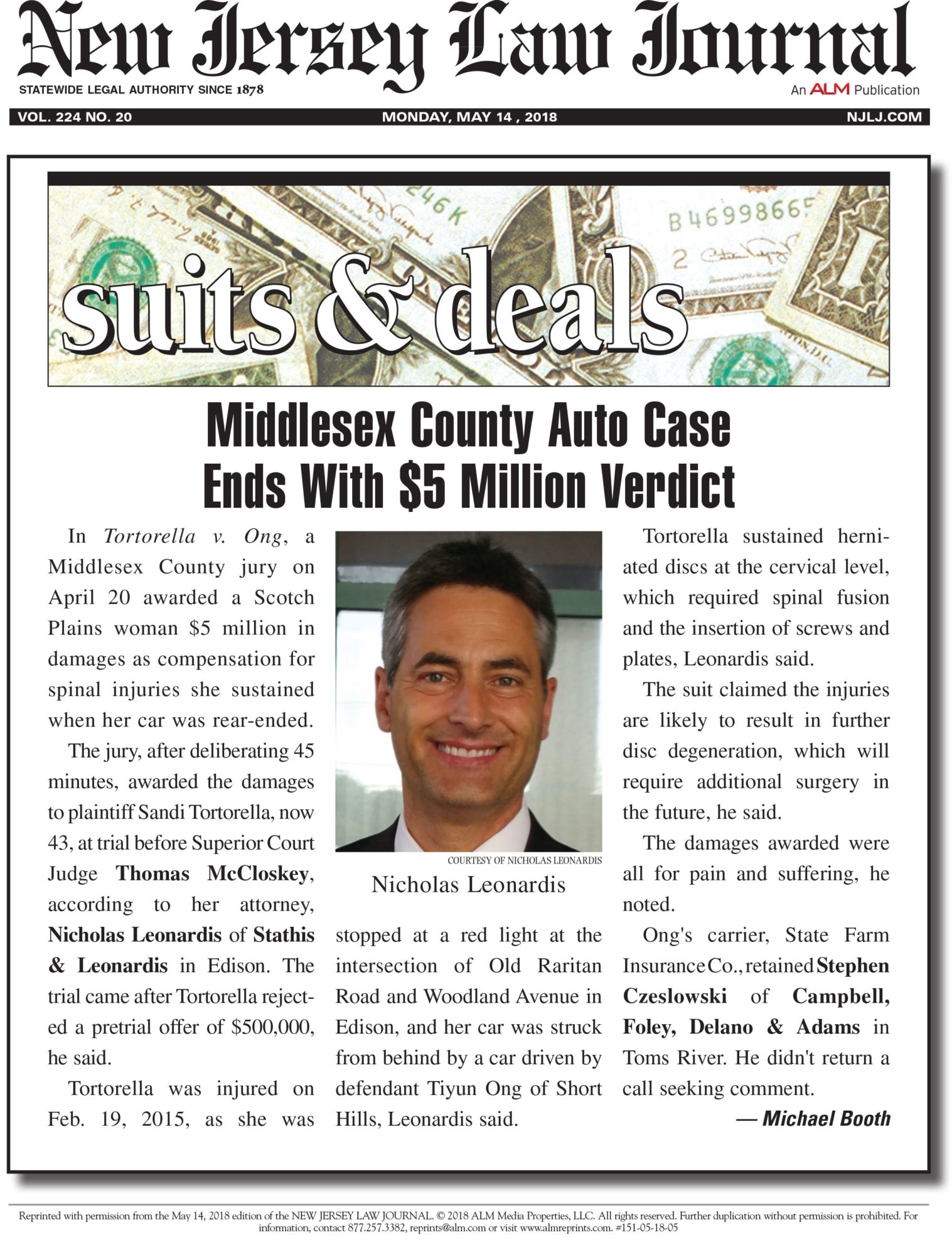
Car accidents can lead to serious injuries and devastating damage so understanding liability and how it pertains to your crash is crucial in ensuring your legal rights are protected. New Jersey’s laws differ from many states so obtaining the help of a legal professional during your case can be greatly beneficial. Work with a Middlesex County auto accident attorney to secure skilled representation and learn how car accident liability works in NJ.
How Does Car Accident Liability Work in New Jersey?
New Jersey is a no-fault accident state. This means that generally, anyone involved in a car accident must seek compensation to cover their medical expenses and other costs through their own insurance, regardless of fault. A driver’s PIP can help cover their associated costs and there is no need to prove which driver was responsible for causing the collision.
What is PIP?
PIP is Personal Injury Protection insurance. PIP is a type of no-fault insurance that New Jersey drivers are required to carry. The minimum amount of PIP required in New Jersey is $15,000 per person per accident, but drivers are able to purchase much higher limits if they desire.
PIP allows individuals to work out their expenses between themselves and their own insurance carrier and eliminates the need for challenging and drawn-out claims and legal disputes. This type of insurance can cover medical expenses for the driver and passengers.
When Can I File a Claim Against the Liable Driver?
It can be frustrating to have to deal with the aftermath of an accident that you did not cause. New Jersey’s no-fault laws dictate how medical bills are paid and how claims are filed but it does not excuse negligent parties from being held accountable for their actions.
Fault still matters in NJ, especially if someone sustained a serious injury or there was extensive property damage. PIP only covers medical expenses up until your policy limit and it does not cover the costs to repair vehicle damage.
If you sustained a serious injury, vehicle damage, or your expenses are greater than your insurance will cover, you can file a claim or lawsuit against the other driver by establishing their liability.
Liability can be determined by establishing negligence. NJ operates under comparative negligence laws, meaning that fault for an accident can be shared by multiple parties involved. Establishing negligence is done by proving the following.
- The driver owed you a duty of care
- The driver breached their duty of care
- The breach of duty directly caused the accident
- You sustained injuries and damages as a result
Because of NJ’s comparative negligence laws, you can recover compensation even if you share a portion of the blame for the accident, given that you are not deemed more at fault than the other person. Liability can be complex so it is always recommended to obtain the help of a skilled legal professional. Contact an attorney today for help during your injury case.






